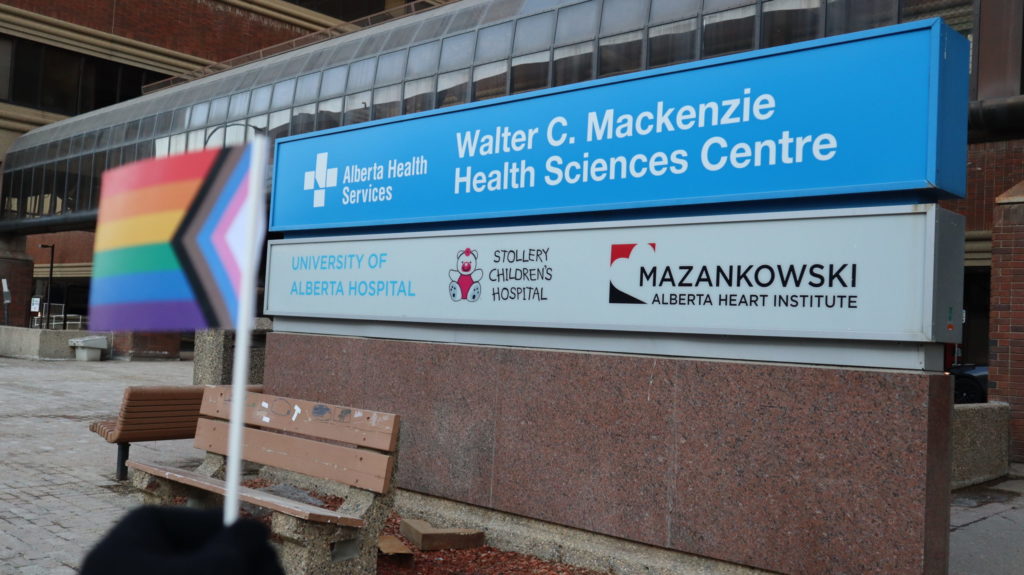Wait times, limited information keeps trans Albertans from health care

Access to timely and appropriate health care is crucial for everyone, including trans Albertans. However, the combination of long wait times and limited information poses significant challenges for individuals seeking gender-affirming care. This article will explore the impact of wait times and limited information on trans Albertans’ access to health care and discuss strategies to address these issues.
Understanding the Challenges Faced by Trans Albertans
Limited Access to Gender-Affirming Care
Transgender individuals often require gender-affirming care, including hormone therapy, surgeries, and mental health support. However, the availability of such services in Alberta can be limited, leading to lengthy waiting lists and delays in receiving essential treatments. This lack of access exacerbates the challenges faced by trans Albertans.
Inadequate Health Care Infrastructure
The existing health care infrastructure in Alberta may not be adequately equipped to address the specific needs of transgender individuals. This can result in a lack of knowledgeable health care providers, insensitivity towards gender identity, and a general lack of awareness about transgender health care. As a result, trans Albertans may face difficulties in accessing appropriate and inclusive care.
The Impact of Wait Times on Trans Albertans
Mental and Emotional Toll
Long wait times for gender-affirming care can have severe psychological effects on trans Albertans. The anticipation and uncertainty can lead to increased stress, anxiety, and depression. The mental health of individuals who are already vulnerable to discrimination and marginalization can be further compromised, affecting their overall well-being.
Delayed Treatment and Health Complications
Waiting for essential gender-affirming treatments can have adverse effects on the physical health of trans Albertans. For instance, hormone therapy may be necessary to alleviate gender dysphoria and support the individual’s well-being. Prolonged delays in accessing such treatments can lead to increased health complications and a lower quality of life.
Addressing the Issue: Improving Access to Health Care
Efforts must be made to improve access to health care for trans Albertans. The following strategies can help address the challenges they face:
Enhancing Medical Training and Awareness
Medical professionals should receive comprehensive training on transgender health care, including the specific needs and challenges faced by trans individuals. By increasing awareness and knowledge, health care providers can offer more inclusive and informed care to their trans patients.
Expanding Gender-Affirming Health Services
There is a need to expand the availability of gender-affirming health services in Alberta. This includes increasing the number of clinics and health care providers specializing in transgender health care, as well as reducing wait times for essential treatments.
Implementing Comprehensive Policies
Government and health care institutions should develop and implement comprehensive policies that protect the rights of trans Albertans and ensure equal access to health care services. These policies should address issues such as wait times, discrimination, and the provision of gender-affirming care.
Breaking Down Barriers: Increasing Information and Support
Educating Trans Albertans about Health Care Rights
Transgender individuals need to be informed about their rights and entitlements regarding health care. Initiatives should be taken to educate trans Albertans about their legal protections, available resources, and how to navigate the health care system effectively.
Establishing Trans-Friendly Health Care Networks
Creating trans-friendly health care networks can help trans Albertans find providers who are knowledgeable about transgender health care and create a supportive environment. These networks can connect trans individuals with health care professionals who understand their unique needs and challenges.
The Role of Community Organizations and Support Groups
Community organizations and support groups play a vital role in advocating for trans Albertans and providing them with resources and assistance. These organizations can offer educational programs, mental health support, and safe spaces where trans individuals can connect with others who share similar experiences.
Providing Advocacy and Resources
Community organizations can advocate for policy changes that improve access to health care for trans Albertans. They can also provide information and resources to help individuals navigate the health care system, find inclusive providers, and address any challenges they encounter.
Creating Safe Spaces for Trans Albertans
Safe spaces, both physical and virtual, are essential for trans individuals to seek support, share experiences, and find a sense of belonging. Community organizations and support groups can create and maintain these spaces, fostering an environment of acceptance and understanding.
Wait times and limited information continue to be significant barriers for trans Albertans seeking health care. The mental, emotional, and physical toll of these challenges cannot be ignored. It is crucial to enhance access to gender-affirming care, improve medical training and awareness, and establish trans-friendly health care networks. Additionally, community organizations and support groups have a vital role to play in advocating for trans rights and providing valuable resources.

